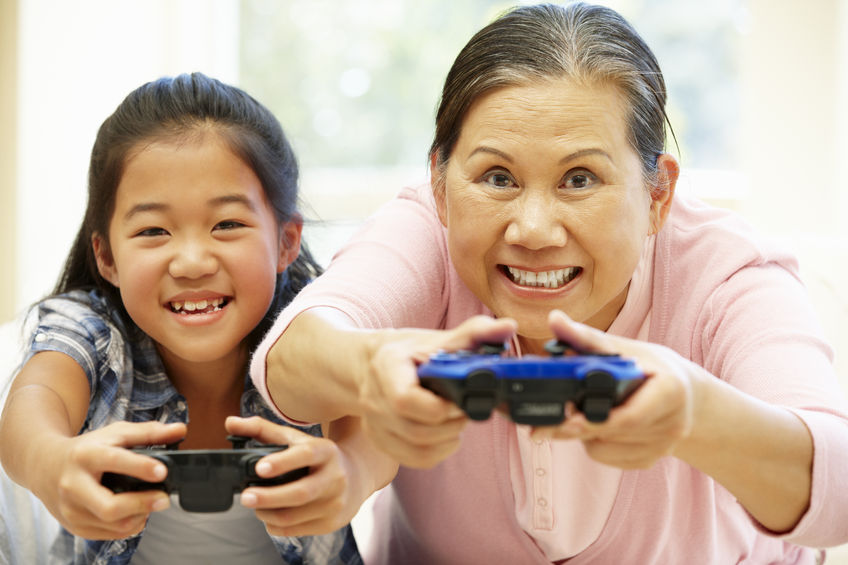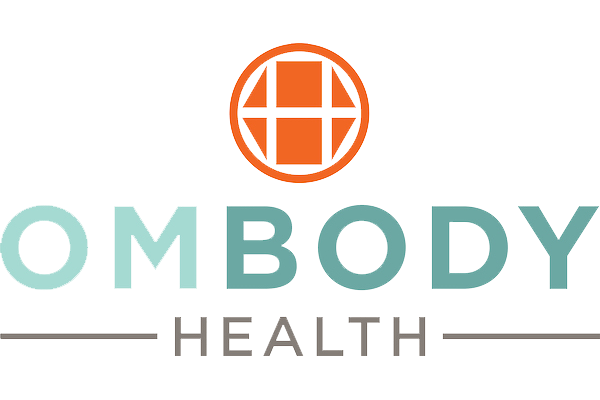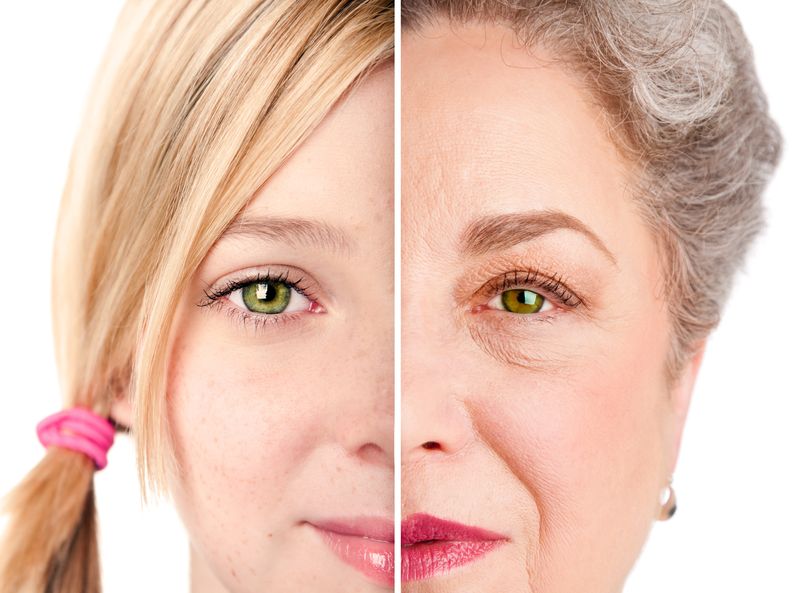
1. Take charge of your health.
Doctors and other healthcare practitioners have a lot of specialized knowledge and can be helpful in a wide range of situations. However, 99.9% of our health is not controlled by the healthcare system but by our own lifestyle choices, our environment, genetics, and social factors. It’s worth remembering that physicians are not perfect nor are they magicians; medical errors do happen, and they won’t be able to solve every problem we have. The more individuals participate in the maintenance of their own health, the better the outlook, even when dealing with chronic or genetic conditions.
Remember the saying “an ounce of prevention is worth a pound of cure?” The axiom was coined by Benjamin Franklin in relation to fire safety, but it applies beautifully to matters of health. Making healthy lifestyle choices is one way we all have control over our own health. Healthy habits include eating a nutritious diet, exercising regularly, getting enough sleep, avoiding tobacco, and limiting alcohol consumption. This does not mean that we can never stray from these habits- just that we should aim to make them our norm. Occasional exceptions won’t undo the effects of consistent healthy habits.

2. Keep your brain sharp.
About One in eight older adults (aged 65+) in the United States has Alzheimer’s disease, and some cognitive decline is a normal part of aging. However, scientific studies have shown that cognitive stimulation through active learning slows the process of brain aging.
Older people are sometimes described as being “set in their ways.” Essentially, this means they seem to have stopped being willing to learn new things and open their minds to new experiences. When an person is set in their ways, it is not only cumbersome from a social standpoint, it physically affects the brain as well. Practice retaining a sense of wonder in life. Practice approaching new things with curiosity, rather than suspicion. You may surprise yourself as you age and discover that you enjoy things that you never thought you would!

3. Maintain your social network.
Life changes in adulthood, such as retirement, job loss, health issues, or the illness or loss of a spouse, may lead to social isolation.
The scientific literature is quite consistent in terms of demonstrating that both social isolation and loneliness are health risks . For example, in a meta-analysis of 148 studies* focusing on the relationship between social isolation and mortality, it was found that having supportive social relationships was indeed related to a decreased mortality risk. Based on the strength of the findings, the authors concluded that lack of social relationships is at least as strong a risk factor for mortality as are smoking, obesity or lack of physical activity!
It should be noted that these studies analyzed the effects of in-person social interaction. It is not yet clear whether social media and online interactions have the same effect, although some studies suggest that internet- or media-based relationships can actually increase social isolation.
So, make it a point to keep in touch with friends and relatives, reach out to acquaintances, and schedule regular times for social interaction, such as weekly coffee or lunch with family or community members.
It’s never too early to start thinking about healthy aging- our daily habits build the foundation for happy and healthy golden years!
*Holt-Lunstad J, Smith TB, Layton JB. Social Relationships and Mortality Risk: A Meta-analytic Review. PLoS Med 2010;7(7): e1000316. doi:10.1371/ journal.pmed.1000316
About the Author
Julia Workman, CYT
Julia is an experienced yogi, teacher and dancer with a passion for health. She is an integral part of the Maine Wellness Partners team of wellness professionals, providing yoga and fitness classes, in addition to powerful workshops that guide busy people toward healthier work/life integration.


